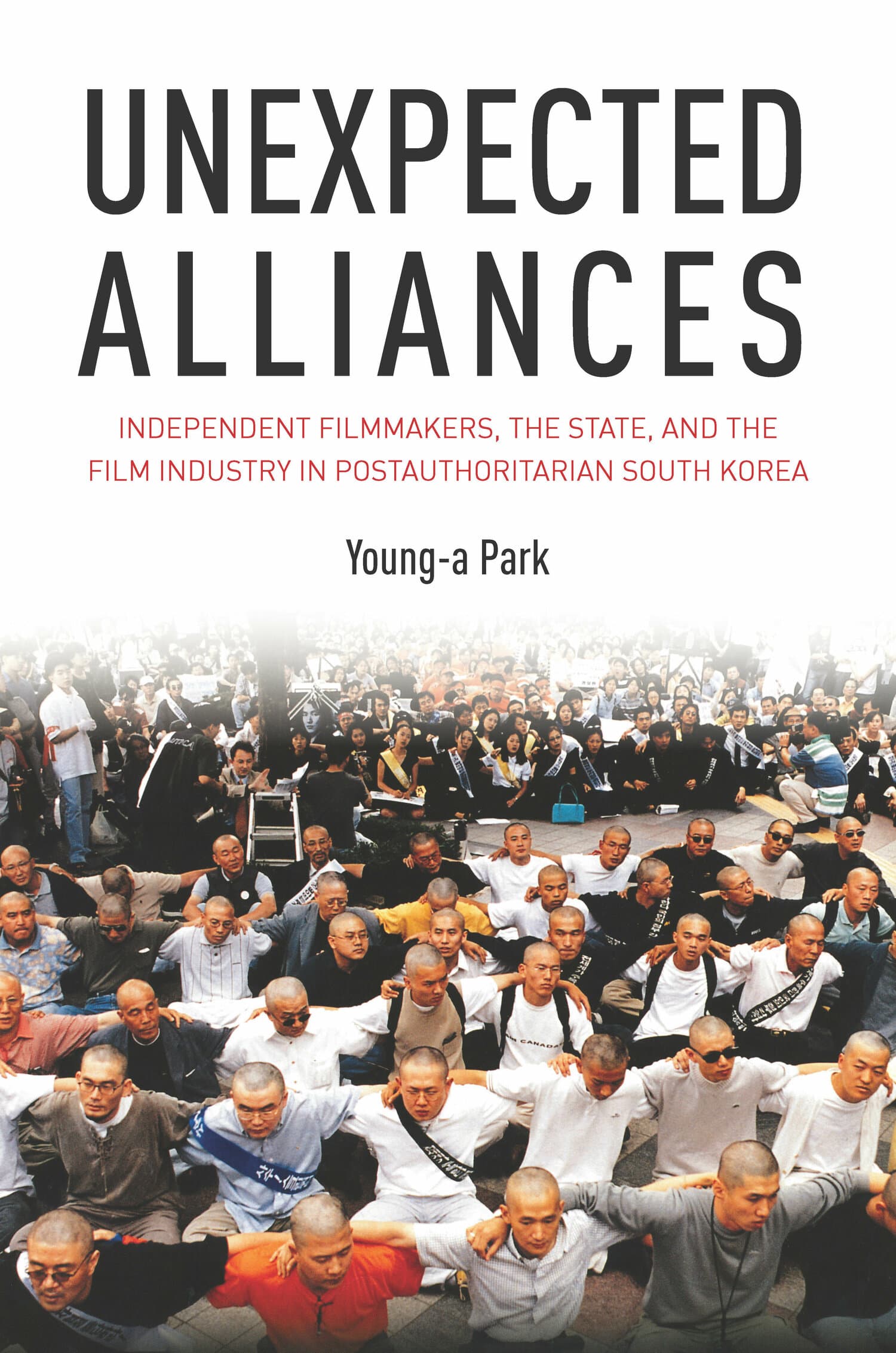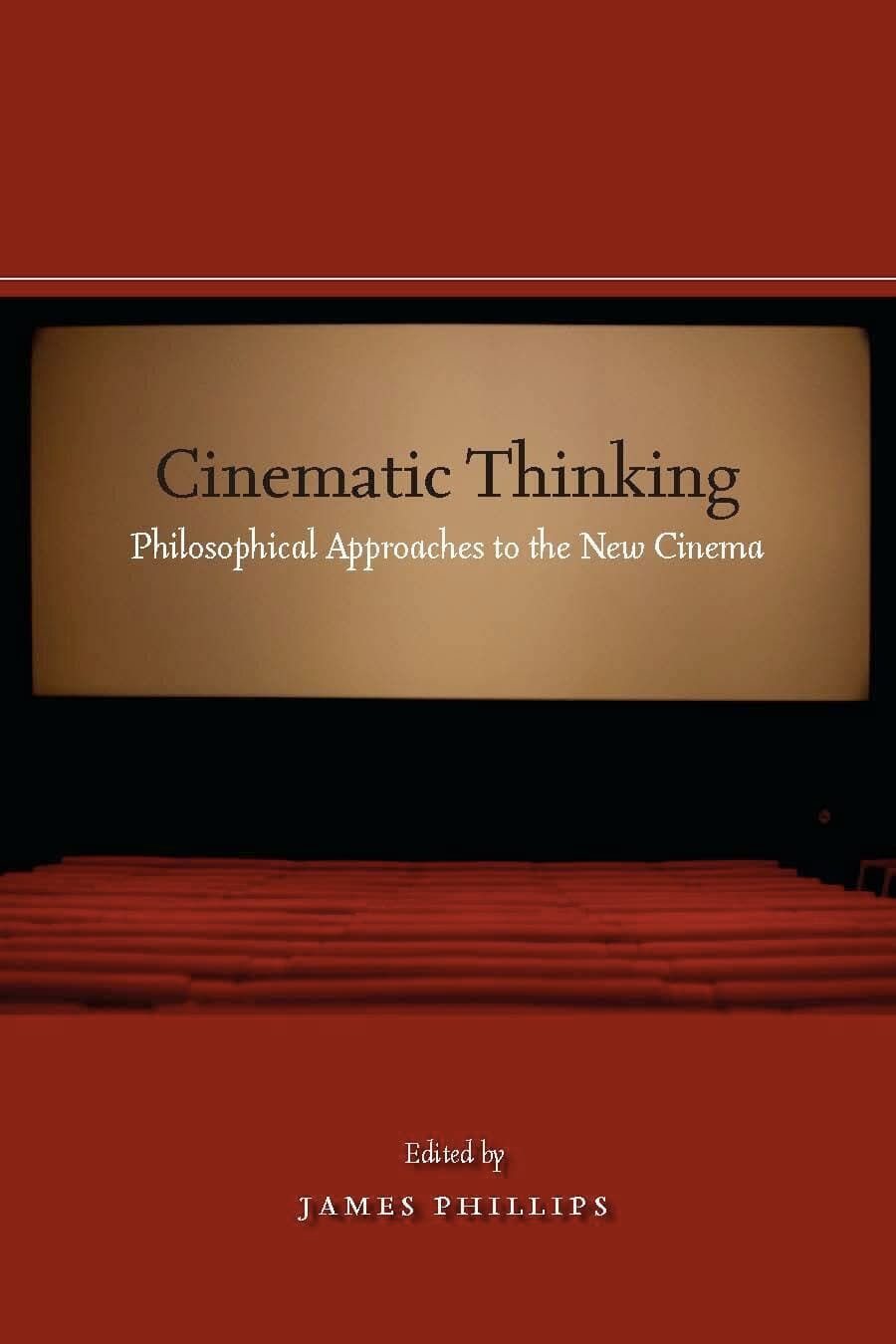Vicious Circuits

In December of 1997, the International Monetary Fund announced the largest bailout package in its history, aimed at stabilizing the South Korean economy in response to a credit and currency crisis of the same year. Vicious Circuits examines what it terms "Korea's IMF Cinema," the decade of cinema following that crisis, in order to think through the transformations of global political economy at the end of the American century. It argues that one of the most dominant traits of the cinema that emerged after the worst economic crisis in the history of South Korea was its preoccupation with economic phenomena. As the quintessentially corporate art form—made as much in the boardroom as in the studio—film in this context became an ideal site for thinking through the global political economy in the transitional moment of American decline and Chinese ascension. With an explicit focus of state economic policy, IMF cinema did not just depict the economy; it also was this economy's material embodiment. That is, it both represented economic developments and was itself an important sector in which the same pressures and changes affecting the economy at large were at work. Joseph Jonghyun Jeon's window on Korea provides a peripheral but crucial perspective on the operations of late US hegemony and the contradictions that ultimately corrode it.
"Vicious Circuits is a major contribution to our understanding of the complex relationship between aesthetics and economics. Contemporary films of all kinds become denser with meaning and filled with surfaces that reflect back to the viewer the rapidly transforming financial world in which we find ourselves."—Min Hyoung Song, Boston College
"Vicious Circuits is not just a book about contemporary Korean cinema. It's a fine execution of cultural studies in general that I'd want to assign to my students. Each chapter showcases Jeon's eye for detail, witty phrasing, and lucid synthesis of cutting edge scholarship in a variety of fields, from film theory to critical finance and transnational American studies."—Colleen Lye, University of California, Berkeley
"Compellingly argued, especially through close readings of individual films...the volume asserts convincingly that IMF cinema reflects and demonstrates the underlying themes of the transition from a world economy centered in the US to one centered in Asia...Recommended."––K. J. Wetmore Jr., CHOICE
"[S]eamless transitions between personal and imperial, material and ideological, are what makes Jeon's critique truly dazzling; he has mastered the art of scalar leaps and dives....Vicious Circuitssucceeds in disclosing why a transnational perspective—not just regarding the selection of the films, but also with regard to the book's post-imperial optic—proves indispensable for film studies and cultural studies."—Chang-Min You, Los Angeles Review of Books
"As the US continues to face the unravelling of its neoliberal-imperialist agendas, the global film industry will, too, continue to reflect and instantiate the mutation of its hegemonic strategies. Vicious Circuits offers a crucial vantage on those mutations, neither privileging their appearance nor subordinating it to the aesthetic materials with which contemporary cinema conveys an unprecedentedly volatile moment of global integration."—Maria Bose, Critical Inquiry




